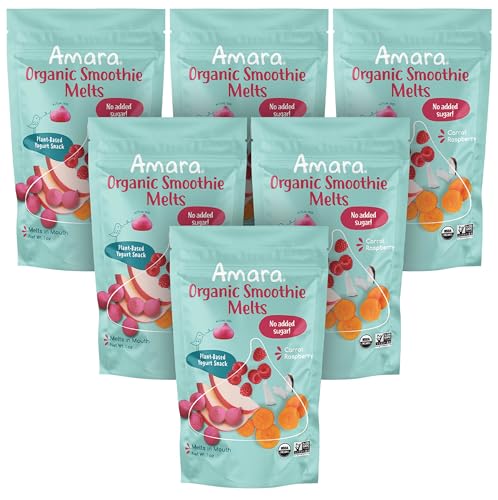Well....I am not sure what you are really asking....
I am not sure how dosing with ivermectrin got started.
Ivermectrin is for parasites, and if you dose at low levels constantly, you build resistant parasites. Then when you need to treat for parasites you need a new drug.
I know if you are in the "ivermectin is a miracle drug for everything" camp, my point will not be helpful, but please consider that this is literally how antibiotic resistant super bacteria is made--low level constant "preventative" antibiotic doses in factory farming, and overuse in hospitals. I do not want to duplicate that effect in my home grown meat. I doubt you will grow an extra head from constant antibiotic use either, but talk to me if you end up with an untreatable staph infection.
I think, though, you are asking where any respiratory infection might come from. I would say we all probably have birds and rodents in our barn or feed storage, which can be a vector for many diseases when their droppings or other leavings contaminate food or bedding.
Ivermectin was isolated from a soil sample the researcher took from his family's farm (in Japan, I think), and cultured. (I probably don't have the story perfect; but that's essentially what happened.) It's not an antibiotic. It's an antiparacitic and won him a Nobel prize because it was so effective in a surprisingly broad spectrum of diseases, saving many lives. It really took hold in developing nations where the ppl were subject to all sorts of parasitic diseases... they take it as a prophylactic against worms, microbes & amoebae, and use it to keep malaria under control.
I don't know why Iver works so well for respiratory diseases. In addition to worms, amoebas, etc., it appears also to work against viruses and/or bacteria (which I guess might justifiably also be called parasites.) On top of all that, it's incredibly safe. (Note: it's best not to use the drench forms, esp internally, as drenches often contain a bit of diesel to make it cling to the animal's fur.)
When I was a kid, like a million years ago, our dog got red mange and had to be put down. It was awful. We had another dog that got heartworm and also had to be euthanized. That was in Florida (hot & humid & loads of biting insects), and happened before Ivermectin was developed. Today both of those are easy to cure and/or prevent. I wish we'd had it back then. I still feel sad over losing those two

sweet doggies.
A lot of ppl think Ivermectin is primarily intended for animals (and of course it works great for them). That's not actually the case, though. It was originally produced for and primarily used in the treatment of humans.
The big problem with Ivermectin is that anyone with the means to, can make and sell it. It's out of patent, so it doesn't make the kind of money that the industry demands. Plus, it works too well. A cured patient is an unprofitable patient. I'm not saying your doctor doesn't want to cure you; she probably wants very much to cure you. But the powers behind the pharmaceutical throne (who founded & continue to support the schools that trained your doctor) primarily want to make money. They're not unusually evil or anything. It's just the way of the world, and sadly, always has been.



















































